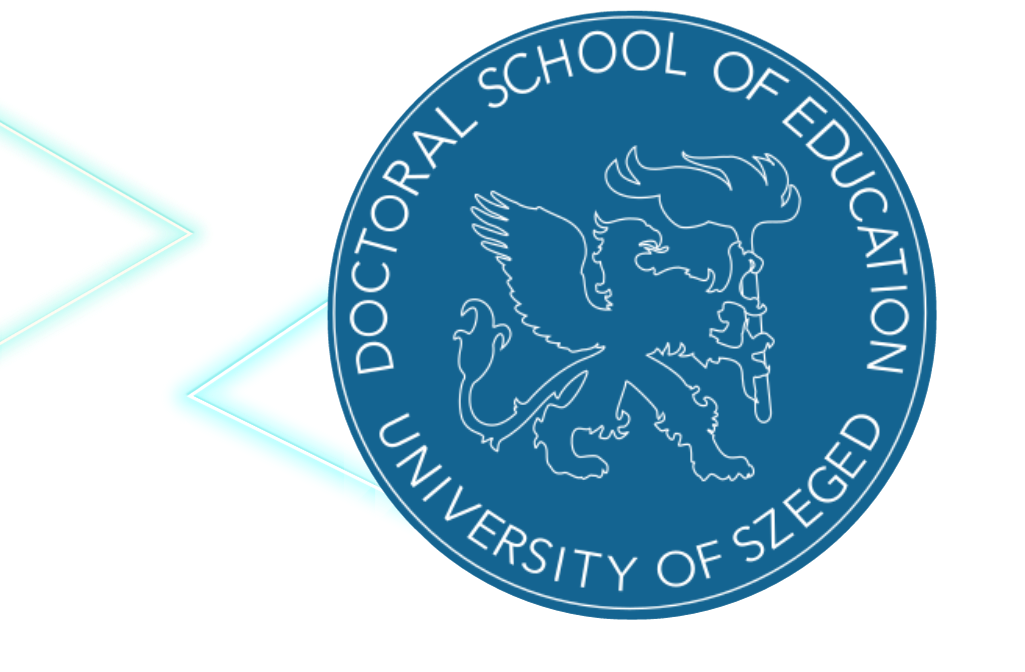Empowering Researchers to Translate Knowledge into Action
From January 20 to 22, 2025, I Wayan Eka Dian Rahmanu had the incredible opportunity to participate in the "Innovation Sprint for Global Health Researchers" held in Munich, Germany, which was part of the EUGLOH program. As one of the selected Ph.D. students, he is honoured to have taken part in this transformative workshop designed to empower researchers and advanced students to bridge the gap between academic research and impactful health solutions.
The workshop integrated design thinking principles with a value proposition canvas to guide participants through the innovation process. These methodologies emphasized the importance of understanding the needs and perspectives of diverse stakeholders, including healthcare providers, policymakers, and the broader community.
Collaborative and Market-Oriented Ideation
Working in dynamic teams, participants collaborated to develop market-oriented ideas tailored to targeted global health challenges. The diversity within the teams enriched the ideation process, as individuals from various academic and professional backgrounds brought unique perspectives and expertise to the table. This interdisciplinary synergy was instrumental in generating innovative and holistic solutions.
As a researcher focusing on the use of virtual reality (VR) for cognitive function and emotional well-being, he had the opportunity to bring this topic into the workshop discussions. Guided by experienced mentors and facilitators, he explored how VR could be harnessed to improve mental health outcomes, enhance cognitive resilience, and promote emotional stability. By applying design thinking frameworks, our team identified key challenges in mental health care and brainstormed solutions that integrated VR technology to address these issues effectively.
Practical Application and Skills Development
The hands-on nature of the workshop allowed participants to apply their research in real-world contexts, translating abstract concepts into tangible outcomes. Through structured activities and guided discussions, they learned impact management and measurement and design thinking and customer exploration.
This process not only enhanced their problem-solving skills but also provided a framework for applying these techniques to future research and innovation projects. For Eka’s VR-focused topic, these sessions were instrumental in refining ideas around how immersive technology could be tailored to individual user needs while addressing broader mental health challenges.
Reflections and Key Takeaways
Participating in the Innovation Sprint was an eye-opening experience that highlighted the immense potential of research to drive meaningful change in global health. The workshop emphasized the importance of interdisciplinary collaboration, creativity, and user-centric design in developing effective health solutions. Here are some of the key takeaways from the event:
- Empathy is Key: Understanding the needs, challenges, and aspirations of stakeholders is critical to creating solutions that truly make a difference.
- Collaboration Fuels Innovation: Working with individuals from diverse disciplines broadens perspectives and fosters creative problem-solving.
- Sustainability Matters: Addressing global health challenges requires solutions that are not only effective but also economically, socially, and environmentally sustainable.
- Knowledge Transfer is Essential: Bridging the gap between research and practical application is vital for transforming theoretical insights into real-world impact.
More details about the event: https://www.eugloh.eu/courses-trainings/activities/innovation-sprint-for-global-health-researchers/



